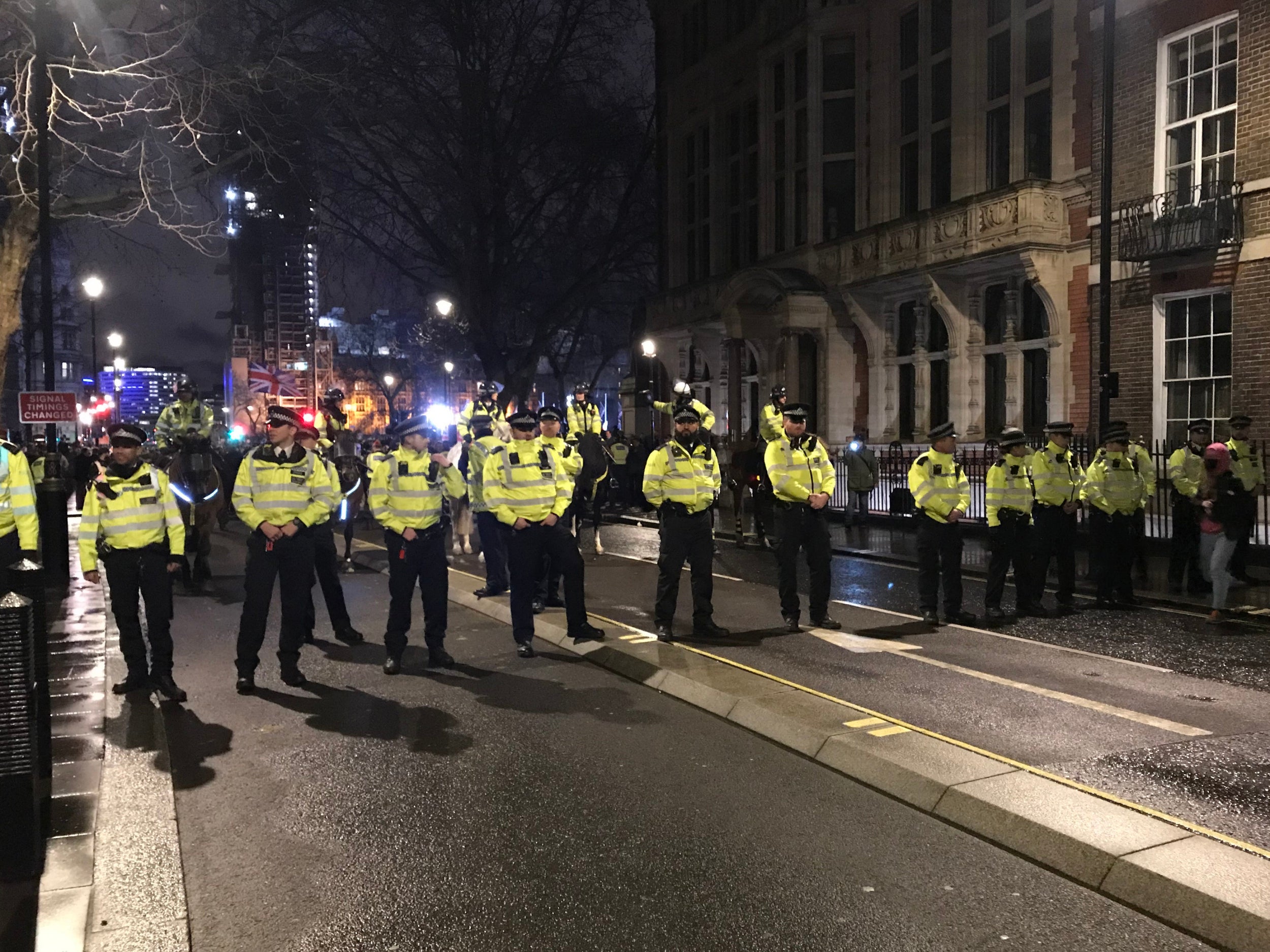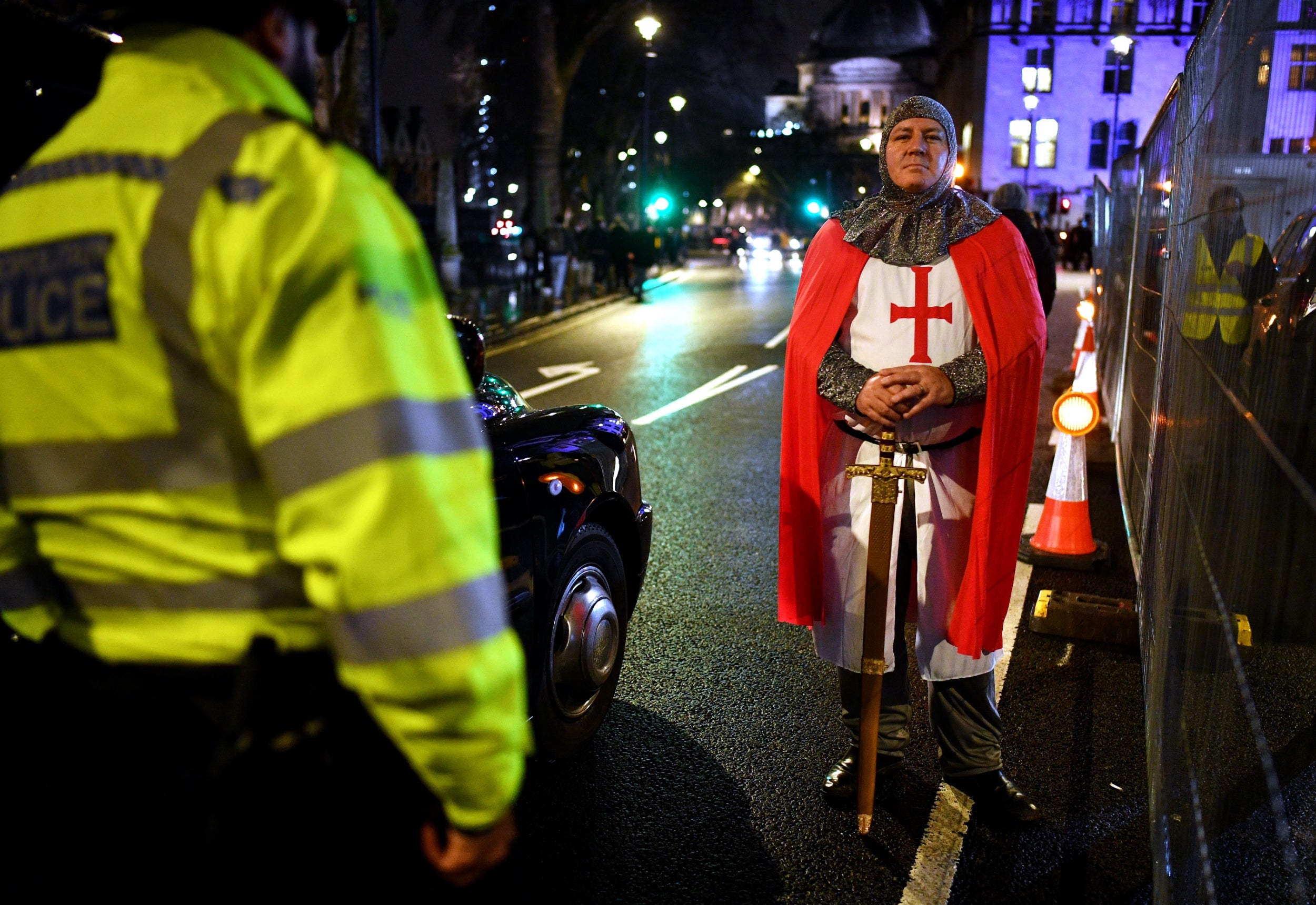British citizens living in the EU are increasingly being refused job interviews because of their impending Brexit loss of free movement rights, MPs have been told.
Representatives of British in Europe, an umbrella organisation representing the 1.2 million British people living on the continent, said the loss of rights was “already real” for many people living abroad.
UK nationals have free movement in the EU until the end of the transition period in December this year, giving them the right to live work and study abroad.
Download the new Independent Premium app
Sharing the full story, not just the headlines
But EU employers are anticipating the end of those right, which will make it harder for Britons to do some jobs that involve cross-border travel.
“We are seeing people refused interviews for jobs because those jobs require the freedom to travel across the EU,” Kalba Meadows, a steering group member of British in Europe who lives in France, told the EU Future Relationship Select Committee.
“We’re not even at the end of transition yet and there are already real live instances of people’s lives and livelihoods being affected – and that will only increase. So many jobs rely on free movement because of the single market.”
Ms Meadows added: “We have a very large number of people whose livelihood is based on working in different countries – people with small businesses, people who are employed, and an awful lot of them face losing our livelihoods. It’s not just about losing your rights on paper, it’s something that affects real lives.”
While the Brexit withdrawal agreement protects some of the rights of British citizens abroad and EU citizens in the UK, there are holes in it, notably with regard to jobs not based in a single member state. The integrated nature of EU economies means that occasional travel to other countries is common, particularly in professional-level occupations.
There are also gaps in the extent to which Britons’ qualifications will be mutually recognised in the EU after Brexit.
Michael Harris, a steering group member of British in Europe who lives in Spain, told MPs: “There’s a stereotype of a Briton who lives in Spain – there are a lot of retired people in Spain who won’t be affected by the need to go and work or provide cross-border services, but around 60 per cent of Britons in Spain are working-age or below. Young Britons in the EU are the people who are going to be most affected by this – to go and study and work.”
The latest news on Brexit, politics and beyond direct to your inbox
Jane Golding, the chair of of the organisation, told the same committee on Tuesday that the suggestion that rights for EU nationals after Brexit were the same as before was misleading.
She said the rights were in fact “broadly the same only in the host country where we are living now”.


1/37
Pro-Brexit supporters celebrating in Parliament Square, after the UK left the European Union on 31 January. Ending 47 years of membership
PA

2/37
Big Ben, shows the hands at eleven o’clock at night
AFP via Getty

3/37
Pro Brexit supporters attend the Brexit Day Celebration Party hosted by Leave Means Leave
Getty

4/37
Brexit Party leader Nigel Farage smiles on stage
AFP/Getty

5/37
People celebrate in Parliament Square
Reuters

6/37
A Brexit supporter celebrates during a rally in Parliament square
AP

7/37
Police form a line at Parliament Square to prevent a small group of anti-Brexit protestors from going through to the main Brexit rally
PA

8/37
Nigel Farage speaks to pro-Brexit supporters
PA

9/37
PA

10/37
JD Wetherspoon Chairman Tim Martin speaks as people wave flags
Reuters

11/37
Getty

12/37
Brexit supporters wave Union flags as they watch the big screen
AFP via Getty

13/37
Brexit Party leader, Nigel Farage arrives
Reuters

14/37
Brexit supporters gather
AP

15/37
Ann Widdecombe speaks to pro-Brexit supporters
PA

16/37
Brexit supporters wave Union flags as they watch the big screen
AFP via Getty

17/37
AFP via Getty

18/37
People wave British Union Jack flags as they celebrate
Reuters

19/37
Pro-Brexit demonstrators celebrate on Parliament Square on Brexit day
Reuters

20/37
A pro-Brexit supporter jumps on an EU flag
PA

21/37
Getty

22/37
AFP via Getty

23/37
PA

24/37
Getty

25/37
AP

26/37
Getty

27/37
A man waves Union flags from a small car as he drives past Brexit supporters gathering
AFP via Getty

28/37
A pro-Brexit supporter pours beer onto an EU flag
PA

29/37
Getty

30/37
An EU flag lies trampled in the mud
Getty

31/37
Getty

32/37
PA

33/37
PA

34/37
Getty

35/37
Getty

36/37
PA

37/37
AFP via Getty

1/37
Pro-Brexit supporters celebrating in Parliament Square, after the UK left the European Union on 31 January. Ending 47 years of membership
PA

2/37
Big Ben, shows the hands at eleven o’clock at night
AFP via Getty

3/37
Pro Brexit supporters attend the Brexit Day Celebration Party hosted by Leave Means Leave
Getty

4/37
Brexit Party leader Nigel Farage smiles on stage
AFP/Getty

5/37
People celebrate in Parliament Square
Reuters

6/37
A Brexit supporter celebrates during a rally in Parliament square
AP

7/37
Police form a line at Parliament Square to prevent a small group of anti-Brexit protestors from going through to the main Brexit rally
PA

8/37
Nigel Farage speaks to pro-Brexit supporters
PA

9/37
PA

10/37
JD Wetherspoon Chairman Tim Martin speaks as people wave flags
Reuters

11/37
Getty

12/37
Brexit supporters wave Union flags as they watch the big screen
AFP via Getty

13/37
Brexit Party leader, Nigel Farage arrives
Reuters

14/37
Brexit supporters gather
AP

15/37
Ann Widdecombe speaks to pro-Brexit supporters
PA

16/37
Brexit supporters wave Union flags as they watch the big screen
AFP via Getty

17/37
AFP via Getty

18/37
People wave British Union Jack flags as they celebrate
Reuters

19/37
Pro-Brexit demonstrators celebrate on Parliament Square on Brexit day
Reuters

20/37
A pro-Brexit supporter jumps on an EU flag
PA

21/37
Getty

22/37
AFP via Getty

23/37
PA

24/37
Getty

25/37
AP

26/37
Getty

27/37
A man waves Union flags from a small car as he drives past Brexit supporters gathering
AFP via Getty

28/37
A pro-Brexit supporter pours beer onto an EU flag
PA

29/37
Getty

30/37
An EU flag lies trampled in the mud
Getty

31/37
Getty

32/37
PA

33/37
PA

34/37
Getty

35/37
Getty

36/37
PA

37/37
AFP via Getty
“So that means that we will keep most of our rights that we currently have in the country where we live now but we will not have any EU-wide rights of free movement, for example, or EU-wide recognition of our qualifications. There are no rights in the withdrawal agreement on cross-border working,” she said.
Britain and the EU are currently negotiating a future relationship, which both sides have always said will cover immigration issues. But political pressure in the UK has led to the government ruling out a continuation of free movement.
Neither side’s draft agreement includes provisions for free movement rights and the UK’s draft immigration bill contains no provisions for such policies.
Ms Golding told the committee: “We haven’t had any indication from either side that this is a topic that’s being discussed in any detail in the future negotiations.”


